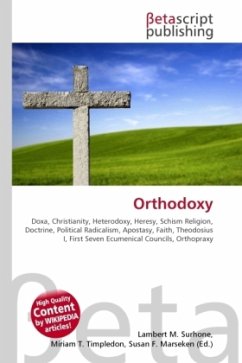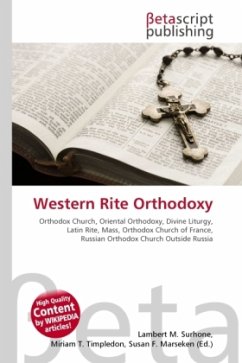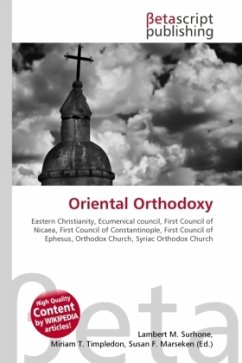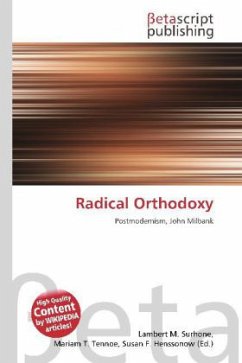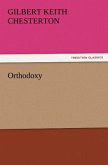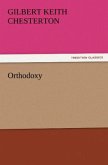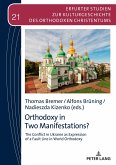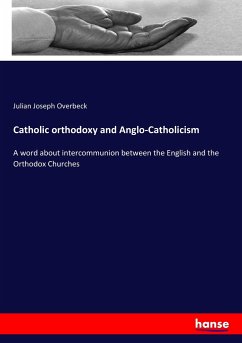High Quality Content by WIKIPEDIA articles! The word orthodox, from Greek orthodoxos "having the right opinion", from orthos ("right", "true", "straight") + doxa ("opinion" or "praise", related to dokein, "to think"), is typically used to mean adhering to the accepted or traditional and established faith, especially in religion. The term did not conventionally exist with any degree of formality (in the sense in which it is now used) prior to the advent of Christianity in the Greek-speaking world, though the word does occasionally show up in ancient literature in other, somewhat similar contexts.[citation needed] Orthodoxy is opposed to heterodoxy ("other teaching"), heresy and schism. People who deviate from orthodoxy by professing a doctrine considered to be false are most often called heretics or radicals, while those who deviate from orthodoxy by removing themselves from the perceived body of believers are called schismatics. The distinction in terminology pertains to the subject matter; if one is addressing corporate unity, the emphasis may be on schism; if one is addressing doctrinal coherence, the emphasis may be on heresy.
Bitte wählen Sie Ihr Anliegen aus.
Rechnungen
Retourenschein anfordern
Bestellstatus
Storno

